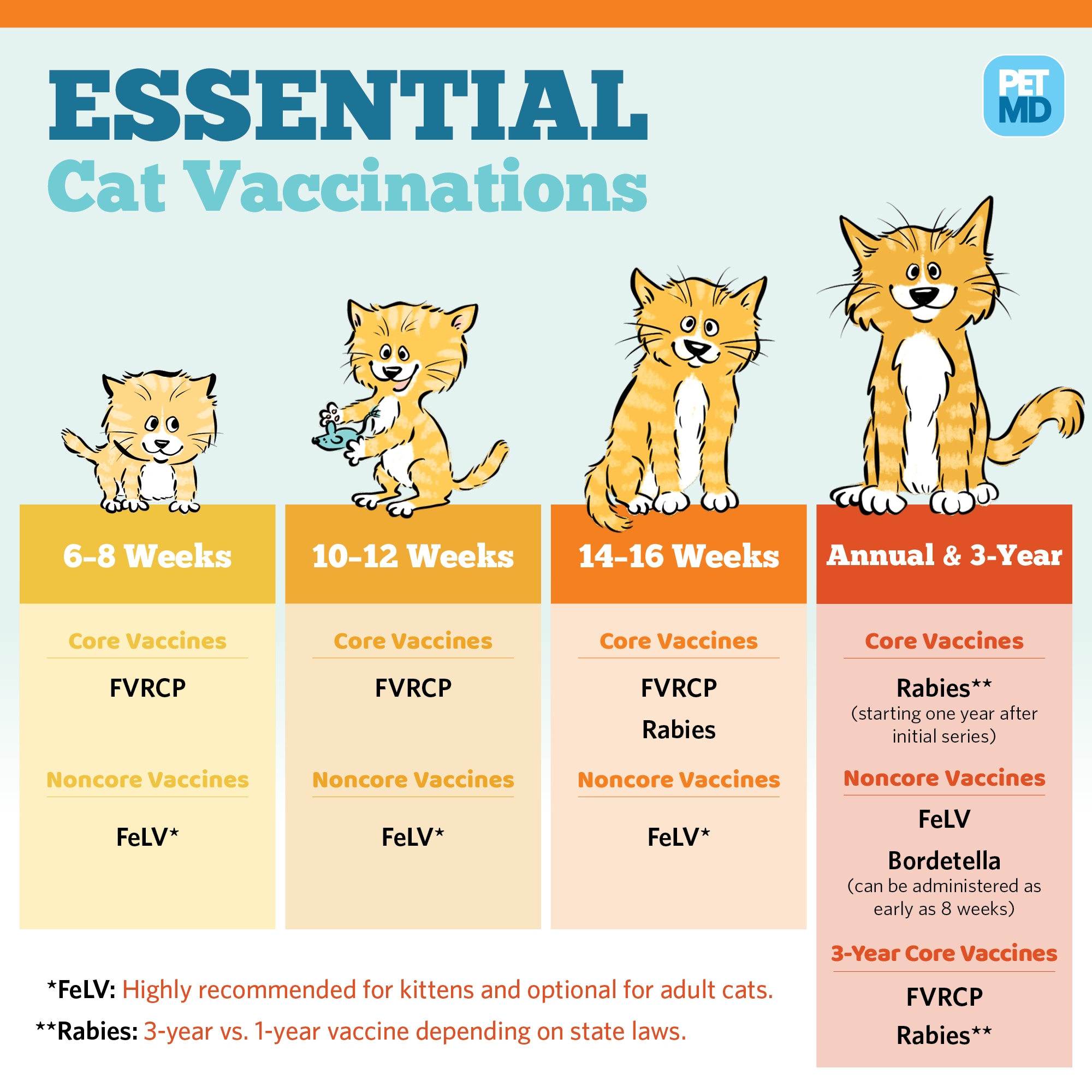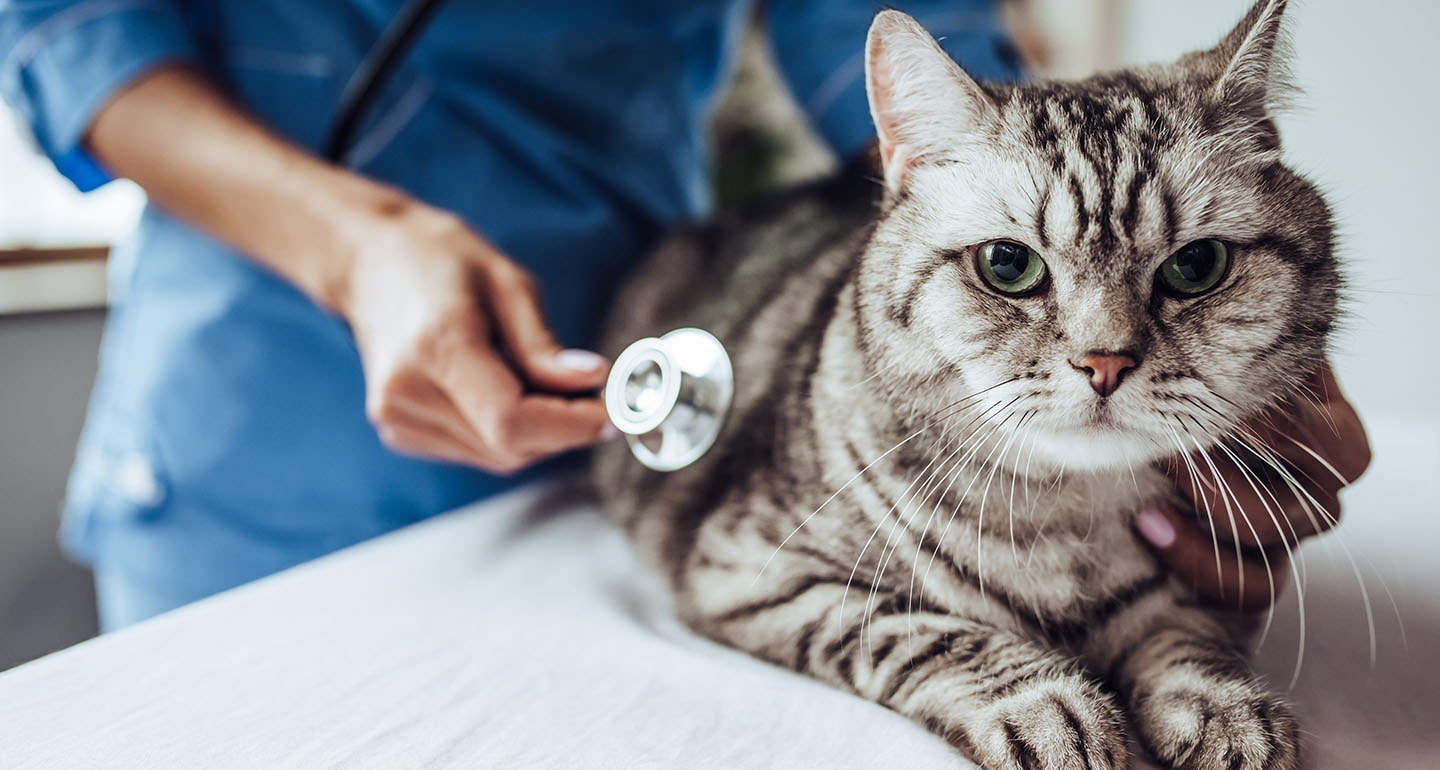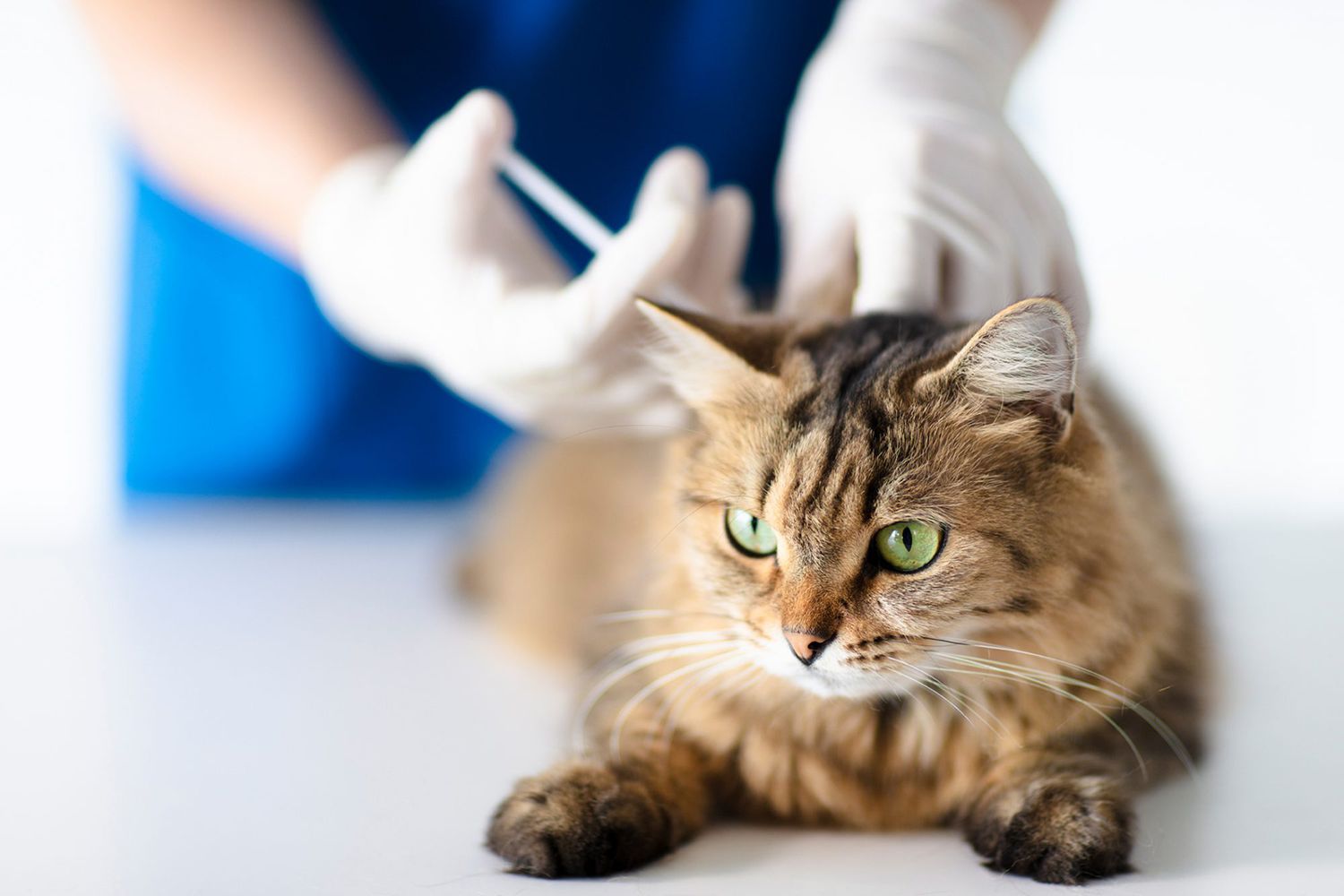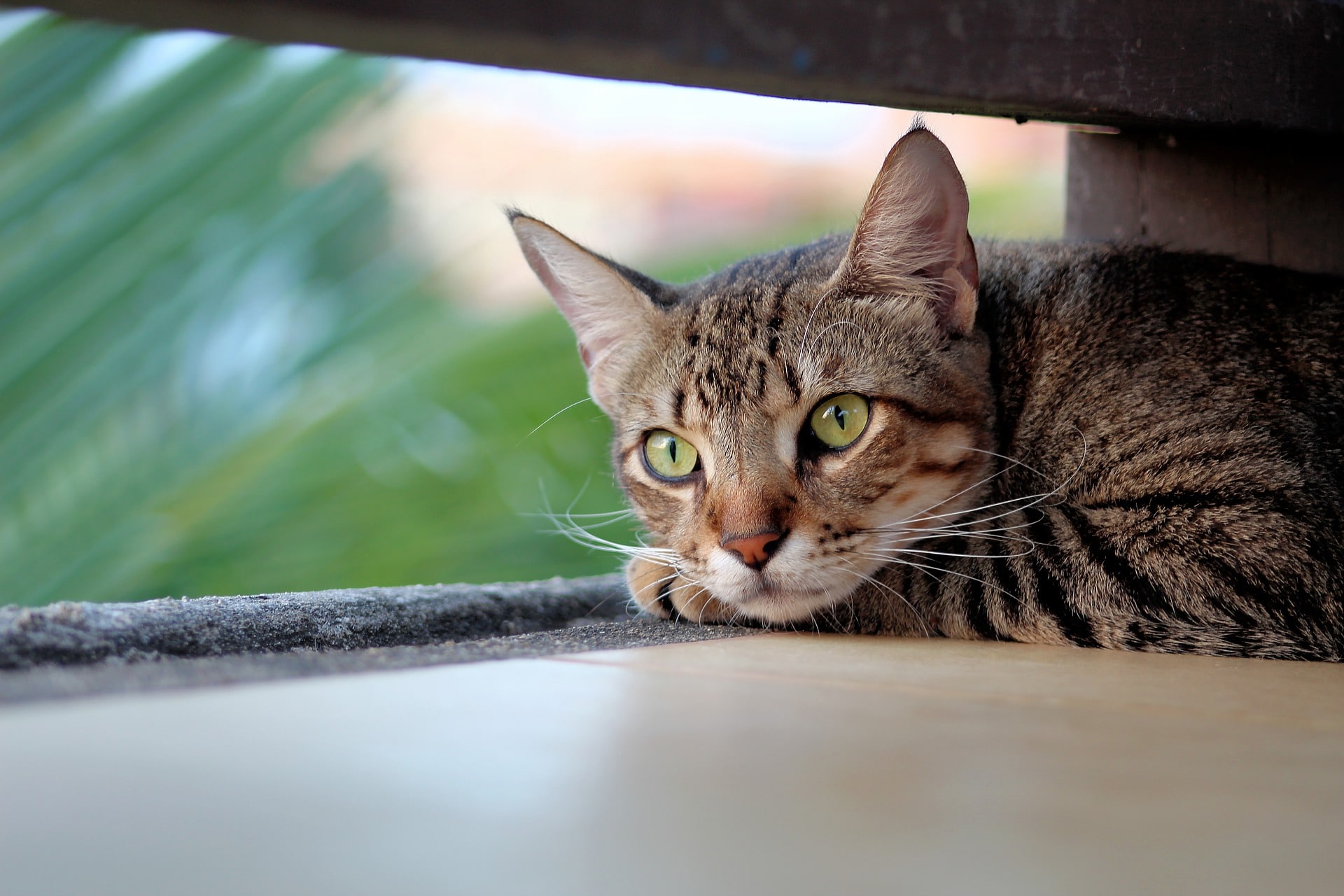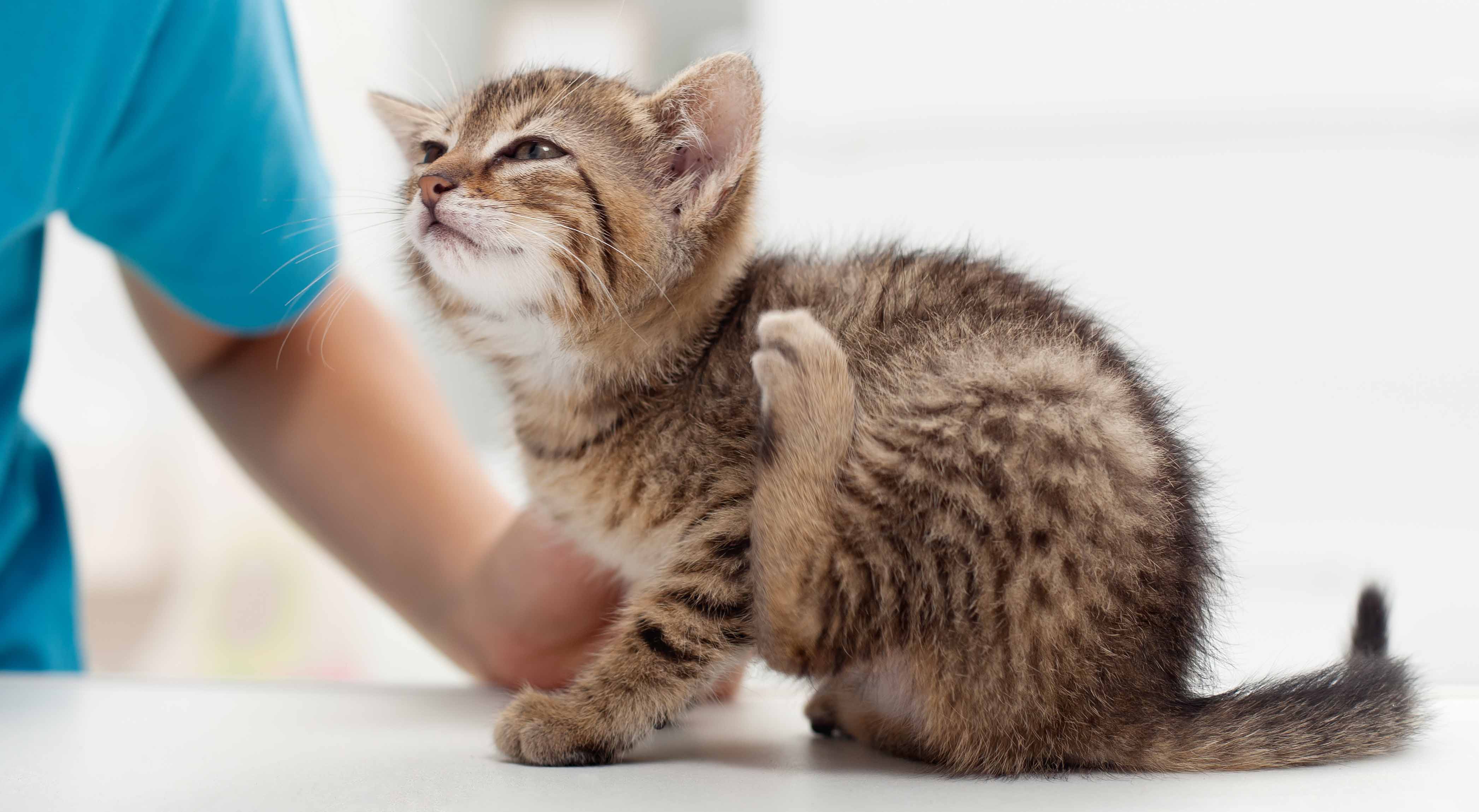Fvrcp Vaccine For Indoor Cats

The core FVRCP vaccine also prevents rhinotracheitis and calicivirus which are upper respiratory viruses of cats.
Fvrcp vaccine for indoor cats. Most cats recover but kittens can be severely affected and develop oral and corneal ulcers. Under the 2006 AAFP guidelines feline viral rhinotracheitis calici virus and panelukopenia or FVRCP and rabies are considered core vaccines and after kittenhood should be given every three. Non-core discretionary or optional vaccines as recommended by the AAFP for kittens and cats with a risk of exposure to specific diseases.
Symptoms include sneezing a runny nose and drooling. The other core vaccine is the FVRCP vaccine. The FVRCP vaccination is an important part of your cats routine.
Adult cats with unknown vaccination records should receive a FVRCP vaccination plus a booster. Shown to be effective for vaccination of healthy cats 8 weeks of age or older against feline rhinotracheitis calici and panleukopenia viruses. FVRCP Feline Viral Rhinotracheitis herpes Calici Panleukopenia feline distemper every 3 years.
Rhinotracheitis calicivirus and panleukopenia. You might have guessed my answer to the question Should you vaccinate your indoor cat is yes. Some vaccines are recommended for all cats.
Adult cats should receive a booster once every year or two according to your vets recommendation. Rhinotracheitis is a herpes virus and causes fever sneezing a runny nose and eyes. One is the rabies shot which helps prevent cats from contracting the often deadly virus and passing it on to other animalsas well as humans.
The FVRCP vaccine for cats protects your cat from three nasty viruses. It prevents three potentially deadly airborne viruses. I have not vaccinated our two oldest cats in a number of years indoor only.
